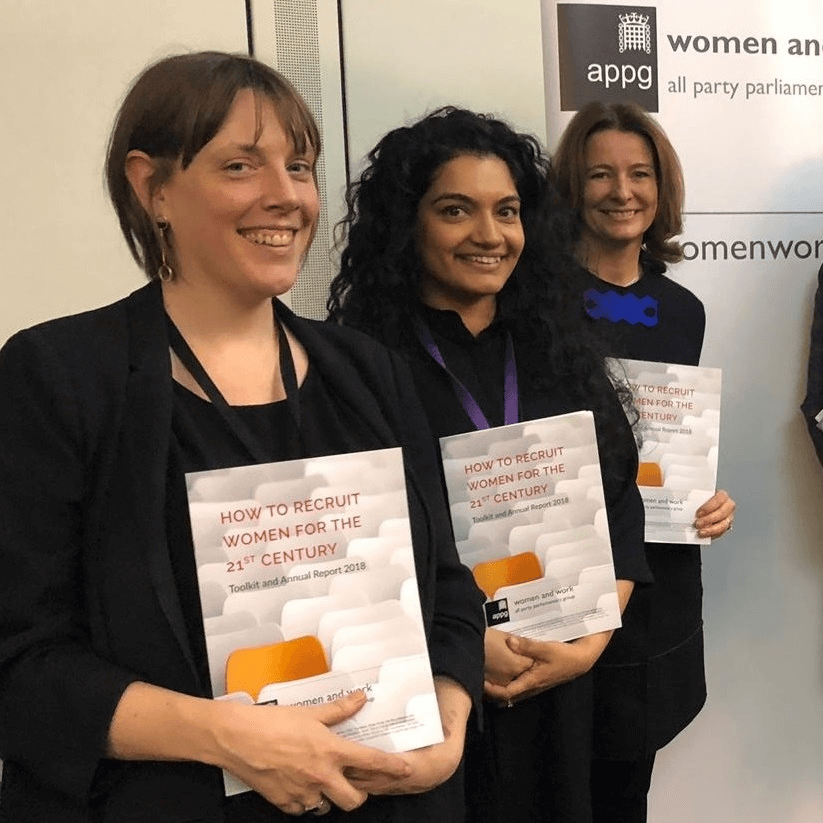Changing Course
Share this blog
Latest Maritime Vacancies
Global HR Director – Europe
Claims & Insurance Manager (Part-time) – London
Legal Counsel (Marine Operations) – London
Insurance Executive – Singapore
Operational and Commercial Pricing Analyst- London
How to recruit women for the 21st Century

The Women and Work All-Party Parliamentary Group (APPG) is examining the role of women in the workforce, and Spinnaker Global was delighted to give maritime insights to their Toolkit and Annual Report 2018.
As a member of the APPG, it has been enlightening, inspiring, and also infuriating when hearing about the absence of a gender balanced workforce across a variety of other industries. There is much work to be done, but the APPG’s toolkit can give insight for employers who wish to improve their recruitment process and attract and recruit more women – something I feel very passionately about as Managing Director of Recruitment at Spinnaker Global.
Crucially, everyone who contributed to this report came from completely different areas, ensuring diversity, differing opinions, and varied expertise. The insights within the report covered the following areas: getting women through the door, building the pipeline and building confidence, doubly disadvantaged, breaking the pattern of occupational segregation, supporting women to break out of the low pay cycle, successful second careers.
In the maritime industry, we all know the statistic about women making up less than 2% of seafarers. Studies by the Maritime HR Association, of which Spinnaker Global is secretariat, showed that of those companies surveyed in their annual Salary Survey, women made up for less than 1% of Executive positions too. So not only are women lagging behind greatly at sea, it’s also the case in the boardroom. We know the situation: you only have to leaf through a shipping publication, or glance at a conference panel, and we know women are grossly underrepresented. But shipping has also always had something of a PR problem, so to share this within the APPG (eg. outside our bubble) felt essential. Getting insight into what can sometimes be a rather ‘hidden’ industry to people outside of it, feels like progress.
Every industry has what I’m calling their “2%” story. In engineering, women make up just 3.1% of apprentices. In IT, there are 35 women to 186 men. Less than 1% of those working in manual trades are women. Women are more likely to work in low paid sectors such as care, or admin and secretarial. The fact that the APPG is dedicated to revealing these statistics, and aims to encourage employers to understand the impact of unconscious bias when recruiting for roles in male dominated sectors, is also hopeful.
In my next blog I will highlight the APPG tips for employers which include insights on advertising, the recruitment process (again, something of great interest to me!) and training and upskilling.
The APPG giving these recommendations to the Government on policies which supports the attraction and retention of women in work is a very bold move; I am proud to be a part of it.
Find out more about the Women and Work All-Party Parliamentary Group on Twitter at @womenworkappg
Teresa Peacock, Managing Director, Recruitment, Spinnaker Global